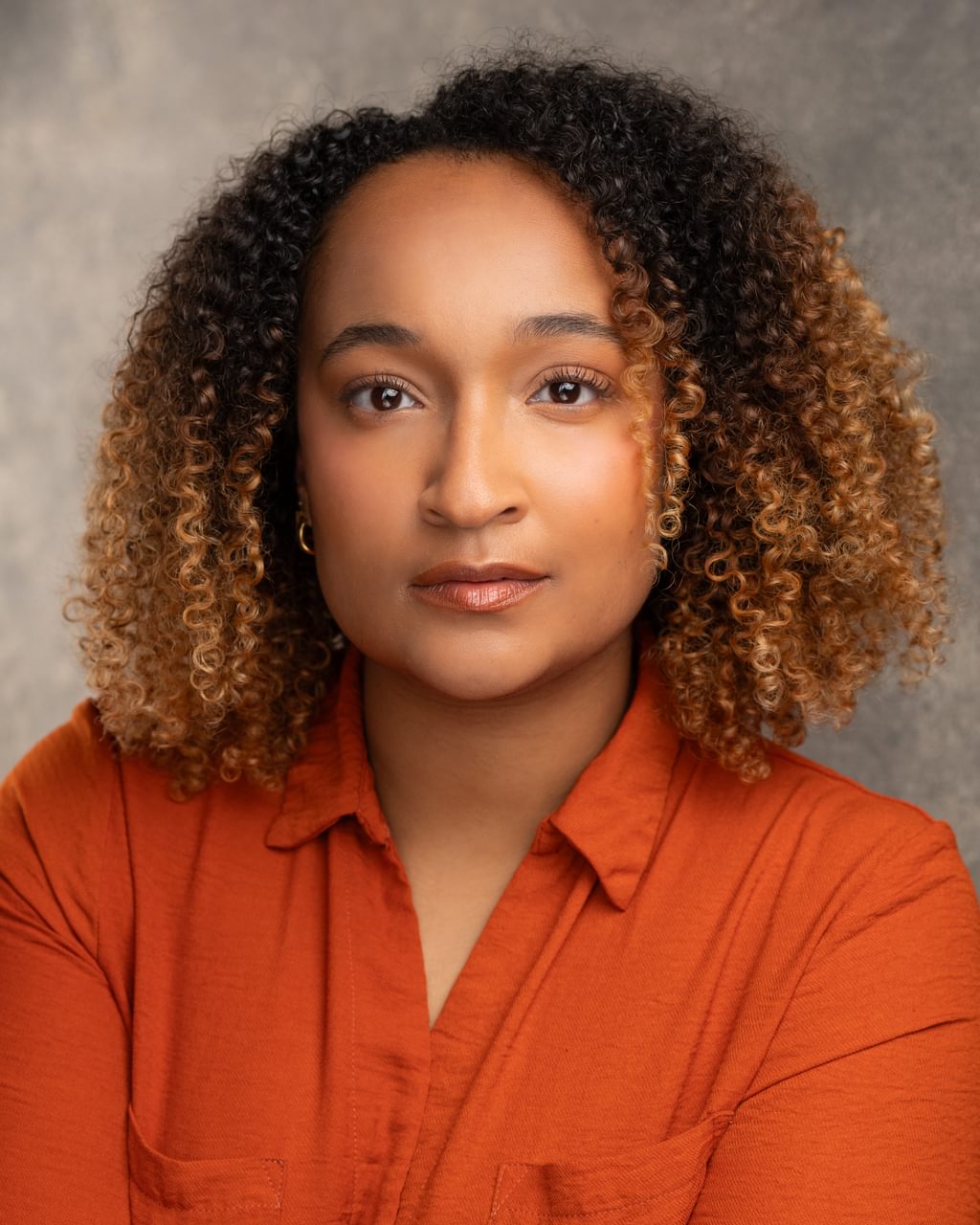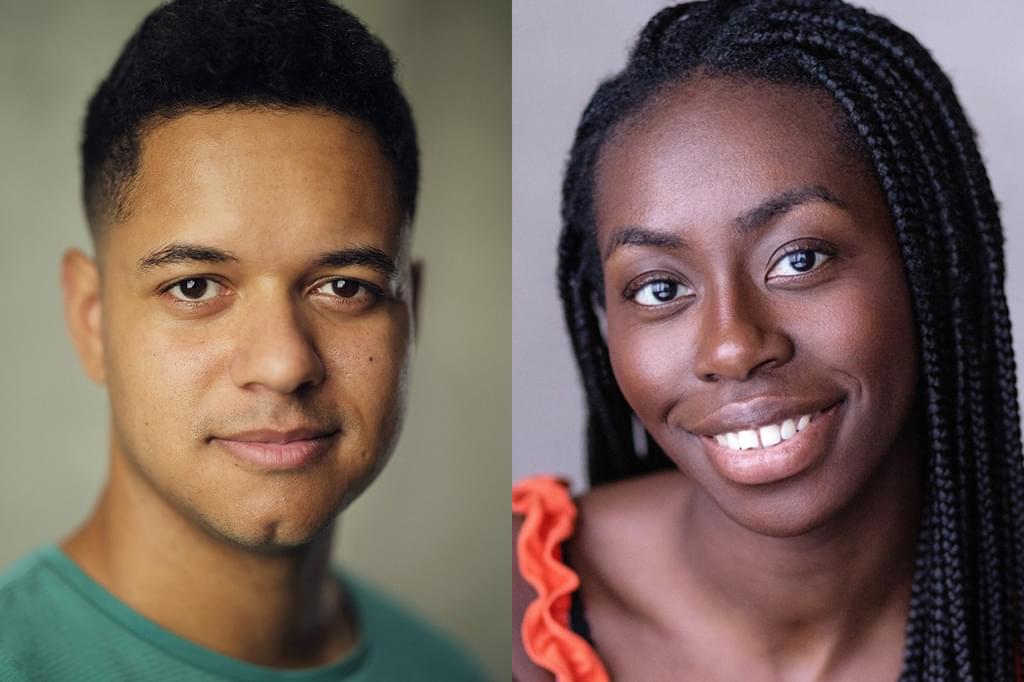
Applications for 2026 entry are now open.
Scholarships & bursaries
Please also see our scholarships and bursaries page, which includes details of our Disney Scholarships supporting ethnic and cultural diversity.
These details are for candidates applying to start their studies at the Academy in September 2026
14 January 2026, 18:00 UK time
Deadline for all candidates to submit the UCAS Conservatoires application and submit the Acceptd application profile (Program Group: Musical Theatre).
If you have missed the deadline specified for your course, please contact our admissions team.
Applying for Musical Theatre Performance is a two tier process.
Round one consists of a UCAS Conservatoires application and an Acceptd application profile with your video recordings.
If you are successfully shortlisted, you will move to round two, which consists of a live recall audition.
All completed applications submitted by the deadline will be assessed.
Recall auditions in London will be held in April 2026.
Video upload - Round One
We do not require a specific spoken English item as detailed on the main video audition page, as there are already spoken elements in the audition requirements below.
Please complete your UCAS Conservatoires application and also upload the following files to the Acceptd portal
The following section explains how to prepare and submit your video and documentation in Acceptd, after selecting Musical Theatre as the program choices:
Please note: all recorded material must be continuous, unedited takes, and not enhanced in any way.
When saving each file, please begin the filename with a brief description of the file's content, then your name (e.g. 'Song 1 - J Donovan', 'Song 2 - J Donovan', 'Vocal range - J Donovan').
This allows the panel to select the correct files during their assessment.
- Three songs demonstrating different voice qualities. While live accompaniment is preferred, you will not be penalised if you need to use a backing track. If using a backing track, please ensure it is a solo piano accompaniment, not an orchestral backing track. Each should be the full journey of a song but cut down to 2-3 minutes maximum.
- A short demonstration of the top and bottom of your vocal range either through sung arpeggios or octaves
- One contemporary, naturalistic speech or monologue (no more than two minutes). Please avoid poetical style, e.g. Stephen Berkoff or Samuel Beckett
- A short explanation to camera of your motivation to join the programme. Please keep this spontaneous and unscripted, and no longer than two minutes in length.
- Short unscripted piece to camera responding to one of these questions:
- How would your best friend describe you, both good and bad?
- How do you like to waste your time?
- What makes you happiest?
- Tell us something about yourself that we would never know from your CV or resume?
- What do you consider to be your greatest achievement so far or your proudest moment?
Your answer should be no longer than 45 seconds. Keep your answer as natural, spontaneous and light-hearted as possible. Do not script your answer. Ideally, have a partner, parent or sibling ask you the question live after you've pressed record. Please do not make any reference to singing, dancing, or acting in your answer. Smile!
- Slate to camera
Adjust the distance of your smartphone so that your entire body is in frame. When recording with your smartphone, always record with the phone in a horizontal position. You will need to say three things to camera: your name, your height and where you currently reside. Keep the delivery natural, light-hearted and relaxed. It should not be in a character, pushed or trying too hard and be just a few seconds in length.
- A headshot photograph
- Curriculum Vitae
The panel may wish to contact you once they have reviewed your submission via a phone or video call. They will not do this with everyone, and this does not indicate a successful or unsuccessful application.
Please note, that all recorded material should be single takes, unedited and not enhanced in any way. To help you with your video, we have put together some guidance for self-taping which you can find below.
Before you submit everything in Acceptd, preview your application in order make sure you have included everything. After you click submit, your Acceptd application will be locked. There is useful guidance on the Acceptd help page, and registration for an Acceptd account is free.
Recordings uploaded after the deadline will only be processed at the discretion of the Head of Department. The Academy application fee paid to UCAS Conservatoires will be refunded if a late application is not processed.
Self-tape advice
Below are a few simple ways to make an inexpensive and competitive self-taped audition:
Before you begin, decide on what space you will be using to make your recording. Acoustically, we want it to be as non-reverberant as possible. Rooms with wood or tiled floors/walls with high ceilings are precisely the kind of spaces we would prefer you NOT to use! Keep it simple.
- Use your iPhone, iPad, laptop or similar device to record with. The HD quality is better than most camcorders. Prop it up on a music stand, book, or buy a cheap tripod and an iPhone clip. If using your phone, please record in landscape and not portrait mode.
- Use a neutral backdrop. A blank wall works best. Or buy an inexpensive grey or blue bed sheet and pin it on the wall. Keep it clutter-free with nothing in the background… no light switches or picture hooks. – absolutely nothing.
- Turn the TV off, turn off computer notifications, silence your phone and shut the windows. Nothing kills a self-tape more than car alarms or sirens.
- No shadows. Use natural light, or if your recording space is dark, buy a couple of cheap clip-on lights. Put the lights a little above eye level, on either side of the camera. It’s all about the eyes, so make sure they are clearly lit and in focus.
- Please slate directly to camera in a full body shot with name, age, height and where you were born. Slate separately. It’s always better to separate the slate and the songs/scenes, and film as separate takes. It allows a break so you can get into character before rolling the camera for your first scene. The slate is directly into camera (again, name, age, height, where you were born). Also, don’t slate in character. Be yourself.
- Use a tight/medium frame for your monologue and songs. The frame should be from the chest up. Be still. Lock the frame and keep it simple. Too much movement is distracting from the performance. The camera should be at eye level, not below, not above.
- Eye lines. Do not look directly into the camera in a scene. Imagine someone standing directly on the other side of camera.
- Set a time limit. Don’t overthink it. Be as prepared as possible when you start taping (memorized, strong choices), so that you don’t waste time. Do two or three takes of each scene, and pick the best one.
- Always watch it back before sending. You never know if there will be a tech problem. Whether using a backing track or a live accompanist, please ensure it looks and SOUNDS good and that the balance is right between the pianist/backing track and vocal, and is in focus. You want this to be as professional as possible.
- Look your best. Treat it like a live audition. Make yourself camera-ready (hair, makeup, outfit), and make sure you are well-rested
- Do not use any additional reverb or pitch correction software.
Finally, relax and have fun. The great thing about self-taping is you can do it until you get it right.
These details are for candidates applying to start their studies at the Academy in September 2026
Friday 28 November 2025, 12 noon UK time
Deadline for all candidates to submit the UCAS Conservatoires application and submit the Acceptd application profile (Program Group: Musical Theatre).
If you have missed the deadline specified for your course, please contact our admissions team.
Applying for Musical Theatre Musical Direction and Coaching is a two tier process, the first stage consisting of a UCAS Conservatoires application together with an Acceptd application profile with your video recordings, followed by a second stage comprising of a live recall audition, if successfully shortlisted.
Musical Direction and Coaching applicants must submit complete applications (UCAS Conservatoires and ALL MATERIALS as required in Acceptd) not later than midday UK time on Friday 28 November 2025.
All completed applications submitted by the deadline will be assessed. Recall auditions will be held in London in mid-January 2026.
Video upload - Round One
Please complete your UCAS Conservatoires application and also upload the following files to the Acceptd portal:
1) Complete unedited piano performances of two contrasting pieces. The music for both should be supplied to us in PDF form. The second piece can feature the candidate singing an MT song while self-accompanying, but this choice is entirely up to the candidate and will not of itself carry any extra value.
2) An MT song sung by a singer colleague, accompanied live by the candidate. We will not be judging the quality of the singer, only the accompanist! Music for this should be supplied to us in PDF form.
3) A series of four short improvisations on the classic song “Autumn Leaves” in the key of A minor. Each one strictly 16 bars in length and each in a different style:
a) Rhapsodic
b) Tango
c) Late-night Mellow Jazz
d) Up-tempo Big Band Swing
4) Short, videoed explanation of motivation to join the programme – no longer than 2 minutes. Please keep this spontaneous and unscripted.
5) A headshot photograph – does not need to be a professional photograph
6) Curriculum Vitae
The entire recording time should be no more than 20 minutes in length. The panel may wish to contact you once they have reviewed your submission, via a phone or video call. They will not do this with everyone, and this does not indicate a successful or unsuccessful application.
Please note, that all recorded material should be single takes, unedited and not enhanced in any way.
In Acceptd, do not press 'Submit' until you have uploaded everything and previewed the application, to make sure you have included everything. After you press Submit, your Acceptd application will be locked. There is useful guidance on the Acceptd help page, and registration for an Acceptd account is free.
Recordings uploaded after the deadline will only be processed at the discretion of the Head of Department. The Academy application fee paid to UCAS Conservatoires will be refunded if a late application is not processed.
WRITTEN REQUIREMENTS
You are not required to submit academic written work or a Specialist Proposal for this course application.

